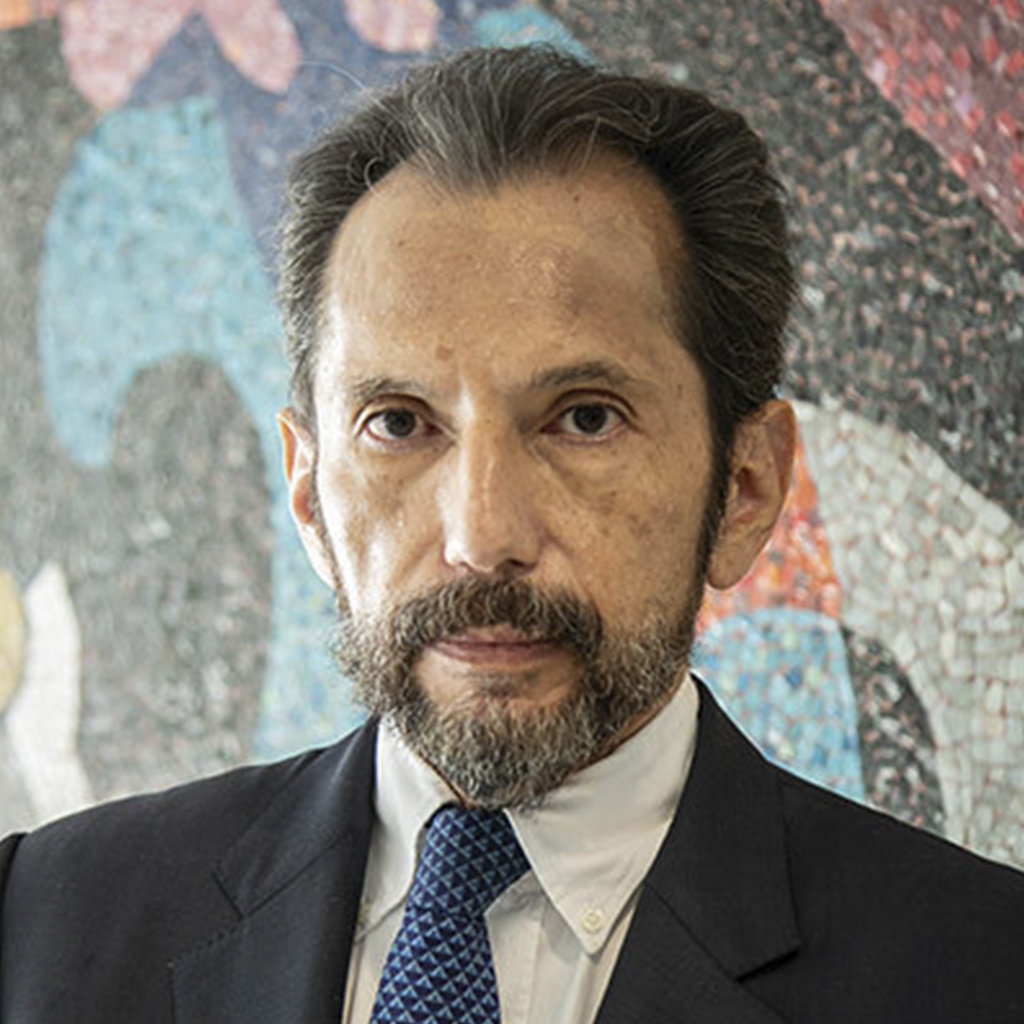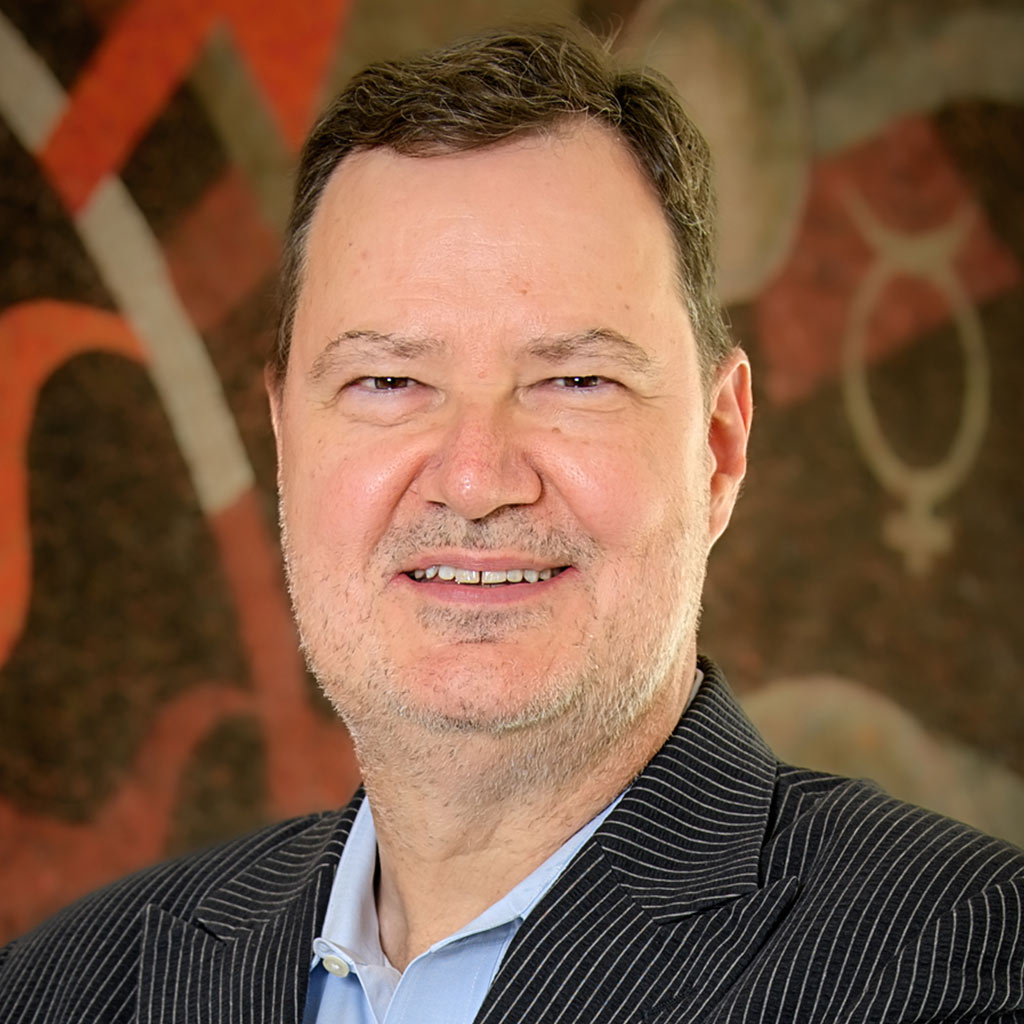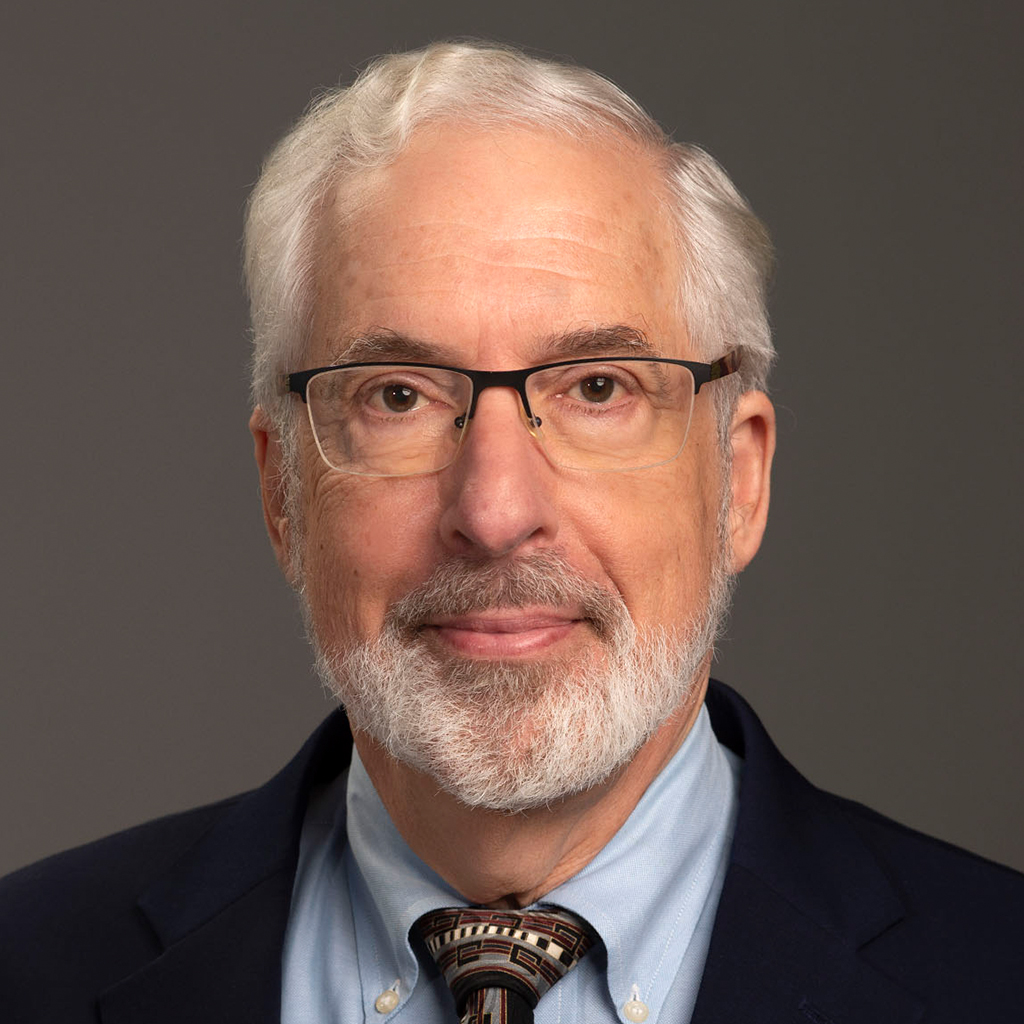-
Madrigal, J. A., Chávez, M., & Mayani, H. (2022). Advanced Cell Therapy: Beyond the last Frontier in the Treatment of Cancer. A Historical Perspective Emphasizing the Work of Nobel Prize Laureates. Archives Of Medical Research, 53(8), 747-752. https://doi.org/10.1016/j.arcmed.2022.11.006
-
Ros-Soto, J., Snowden, J. A., Szydlo, R., Nicholson, E., Madrigal, A., Easdale, S., Potter, M., Ethell, M., & Anthias, C. (2022). Outcomes After Donor Lymphocyte Infusion in Patients With Hematological Malignancies: Donor Characteristics Matter. Transplantation And Cellular Therapy, 28(4), 183.e1-183.e8. https://doi.org/10.1016/j.jtct.2022.01.022
-
Petersdorf, E. W., Gooley, T., Volt, F., Kenzey, C., Madrigal, A., McKallor, C., Querol, S., Rafii, H., Rocha, V., Tamouza, R., Chabannon, C., Ruggeri, A., & Gluckman, É. (2020). Use of the HLA-B leader to optimize cord blood transplantation. Haematologica, 106(12), 3107-3114. https://doi.org/10.3324/haematol.2020.264424
-
Querol, S., Rubinstein, P., & Madrigal, A. (2021). The wider perspective: cord blood banks and their future prospects. British Journal Of Haematology, 195(4), 507-517. https://doi.org/10.1111/bjh.17468
-
Wynn, L. A., & Madrigal, A. (2021). Predictive analytics and cord blood banking: toward utilization-based unit selection. Cytotherapy, 23(7), 641-646. https://doi.org/10.1016/j.jcyt.2021.01.002





